Article by Zoe Dawes (former Poseidon Team Member)
What’s the first thing you think of for your horse coming into winter?
If you’d asked me this question a couple of years ago, my answer would have been something along the lines of… How many rugs will I need? How much fill should they have? What time should I take them off? Should I get my horse clipped? Should I be putting them in stables?
But, did you ever think: should I be changing my horse’s diet?
Up until recently, I didn’t realise that this is probably the biggest thing to consider when it comes to managing my horses through winter.
Why? Because your horse's gut bacteria changes seasonally in preparation for the changes in climate, which means their diet needs to change too.
New Zealand can have very wet winters, and frost in some areas, so what happens? Our grass starts to die off. What does this mean? Our horses have less available forage in their pastures and therefore their daily intake declines. If this starts to happen, the resulting lack of gut fill may result in things like weight loss, ulcers and, in extreme cases, even colic.
In order to maintain gut fill and reduce the likelihood of those nasty things, horses should have constant access to forage. While it is natural for horses to drop off a bit of condition in winter, we still have to make sure we are providing enough in order for them to receive their daily recommended intake of 1.5%- 2% of their body weight in forage.
So, how do we do that?
By giving them my favourite feed in the world: HAY! And even if you do notice your horse start to drop off, the best thing is it is never too late to start feeding more hay.
One of the other great things about hay is that it encourages chewing: lots of chewing = lots of saliva = increased buffering in your horse’s stomach.
A horse’s thermal comfort zone ranges from around 5C to 25C, anything more than or less than this and they will start to expend energy to maintain and regulate their internal body temperature (thermoregulation).
If we’re providing enough forage to our horses in these forms, we’re also feeding those good bacteria of the hindgut and allowing them to create one of their most valuable by-products: HEAT! It’s like they have their very own blanket on the inside due to the fermentation of fibre in the hindgut - we just have to make sure we are feeding the right stuff. The healthier the gut and the more fibre fermenting bacteria it has, the more heat your horse will produce.
Producing heat does take energy though, which is why many horses who aren’t fed enough fibre and forage will drop off during the winter period.
This is why we always recommend reviewing your diet in the lead up to winter. You can keep evolving your diet as winter goes on, and we recommend keeping a close eye on both your horse’s body condition as well as the condition of your pasture.
So to maximise fibre fermentation (and heat production), it makes sense to get your horse's gut really healthy.
Here are some steps towards achieving good gut health for your horse:
- Ensure they’re getting all of their essential vitamins and minerals - our Digestive VM has all the good stuff in it they need for a balanced diet.
- Provide support in times of stress - for example when travelling, competing or in extreme weather events. Our Stress Paste is designed to support the gut in times of stress, and it also contains Betaine to assist with hydration, as horses may drink less on really cold nights, putting them at risk of colic.
- Feed great gut health supplements to provide ongoing support - our Digestive EQ is a fantastic long-term and complete gut health supplement designed to help support the entirety of your horse’s gut.
Feeding horses the right way in winter may seem like a daunting task, but with the right approach, it doesn’t have to be.
Making the investment in quality hay is a great solution - it will keep your horse healthy on the inside, and help fire their internal heater at the same time. Aren’t our horses amazing?














